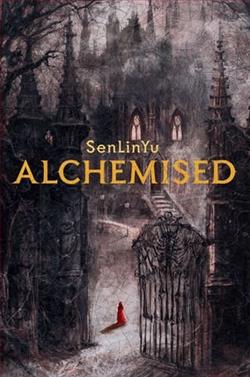Page 4 of The White Oak Lodge
Amos laughed. “I don’t mind it. I’ve encountered a few tourists who aren’t as kind as you, I guess. But I don’t mind them, either. Never see them again.”
“Remember, I almost attacked you with a lamp. How kind can I really be?”
“You’d be surprised how bad the others can get,” he said. “They’ll insult you to your face and laugh about it.”
Memories drifted through Amos’s psyche: that blond woman with the five-year-old son who’d called Amos his “slave” when he’d come to fix the drain; the blond woman had laughed and corrected him to say servant instead. Then there were the sailors who came from the city to wreak havoc on the boardwalk and get so drunk that they couldn’t stand. They insulted islanders, too, because they saw them as “simple” creatures who didn’t know how to live.
Nina didn’t look surprised about the tourists. “I was born in Nantucket. I remember what tourism could be like—how the people were eager to walk all over you because they were payingexorbitant prices day in and day out. But I guess it wasn’t as bad then as it is now.”
Amos took a breath and let what she’d said settle. “You’re an islander?”
“I left when I was eleven,” Nina said.
“Have you been back since then?”
Nina hesitated. “Once. It was thirteen years ago. I was twenty-five and different, I guess.”
“Weren’t we all different when we were twenty-five?”
“Goodness, I hope so,” she said.
“Your parents aren’t here anymore, then?”
Nina shook her head. Her eyes were like two drops of ink.
“Do they ever come back?”
“No.” Nina reached for the bottle of wine and refilled both of their glasses, although Amos’s wasn’t even half gone. She seemed jumpy.
Amos wanted to probe deeper to see if they knew any of the same people, but Nina didn’t seem like she wanted to talk about Nantucket or her past here.
“How long will you be here?” he asked.
“A few weeks, at least.”
“At least! No plan?”
“I’m not sure how long it’ll take me to do what I came to do,” Nina said.
“That sounds mysterious,” he said.
“I don’t mean to be obtuse. I’m just confused, I guess.”
“I’ve been there,” he offered.
They sipped their drinks in silence. Water lapped around the stilts that kept the cabin up.
“What do you do back in Jersey?” he asked.
“I work at the university,” she said.
“Oh.” Amos straightened his posture. He’d known she was smart, but he hadn’t expected this. “A professor?”
“Yeah.” She winced as though she was embarrassed. “Anthropology.”
Amos’s eyes widened. “I barely know what that is.”
Nina chuckled. “Don’t worry. Basically, it’s the study of what it means to be human. But I don’t know if anything we’ve ever learned has helped us along the way. Maybe learning about ourselves has made the human experience worse. Perhaps it’s similar to looking in the mirror a little too long and making ourselves crazy.”















